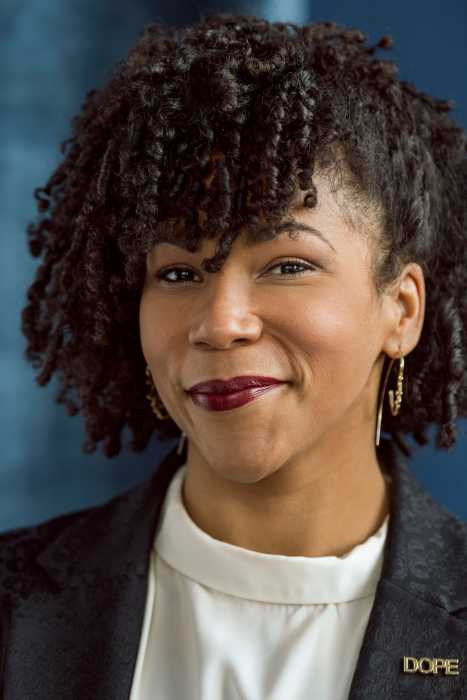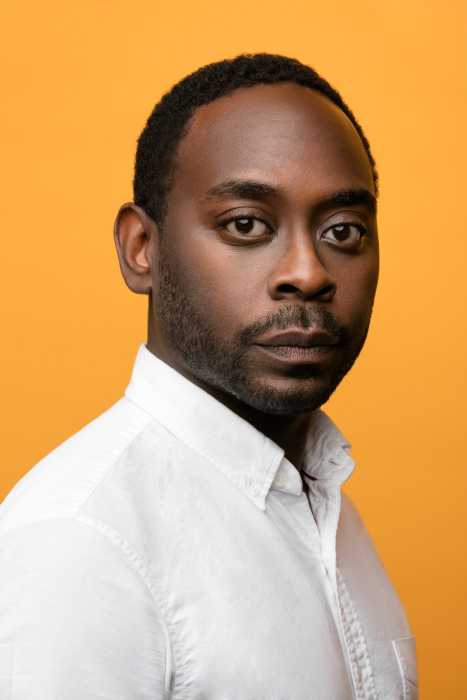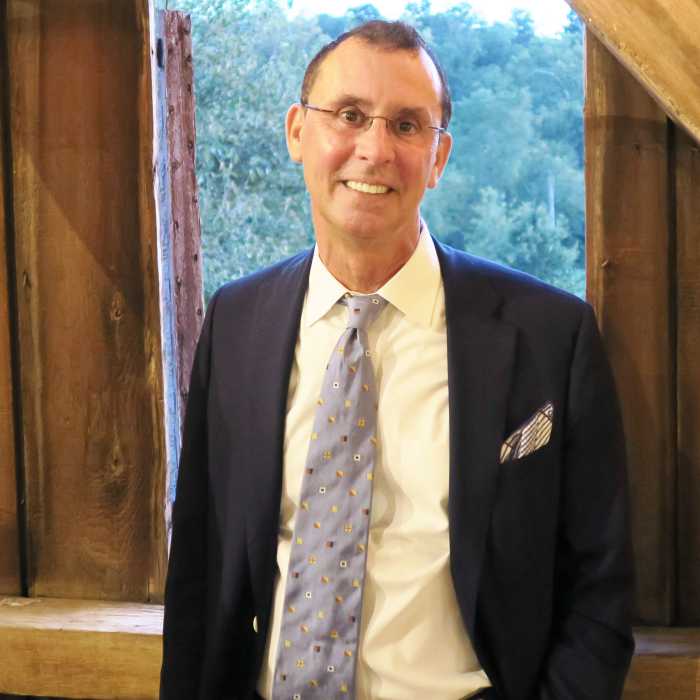Kira Kinsman (she/her) is an architect, a trans woman, and the president and co-founder of Williams Kinsman Lewis Architecture in Wilkes-Barre, Pennsylvania. Her advocacy for transgender rights and visibility includes past board service at the former Equality PA. She currently serves as co-chair at the William Way LGBT Community Center in Philadelphia, as a board member at the Rainbow Alliance in the Wyoming Valley, and at the Wilkes-Barre Chamber of Business and Industry. Kira lives in both Philadelphia and Northeast Pennsylvania.
What is your favorite Pride month event or celebration?
I love a parade, and the solidarity of that kind of energy, so a Pride March is my thing, and I’m always excited to wear the trans colors! The first time I walked was in 2015 in Philadelphia, which sometimes seems so long ago. The memory of vitality and optimism of that day has never left me. I’ll take a good Pride celebration where I can dance, too–there’s no dance floor like a queer dance floor.
What LGBTQ+ icons or activists have inspired you?
In my youth I knew about Coccinelle, Candy Darling, Renee Richards, and Wendy Carlos. They gave me hope. Today we all understand the courage and leadership of Marsha P. Johnson and Silvia Rivera in New York, and I would also say of Gloria Casarez in Philadelphia, who broke through to city government in real ways. Trans feminine actresses like Angelica Moss, Laverne Cox, MJ Rodriguez, Trace Lysette, Jamie Clayton, and Jen Richards are helping increase visibility. Closer to home, I’m inspired every day by activists in my real life circles across the entire queer spectrum.
What can people and corporations do to support the LGBTQ+ community year-round, not just during Pride month?
The pathologizing of trans identities and the marginalizing of trans women and trans men will only stop if people understand that gender identity is a real human trait; innocuous, harmless, and simply ordinarily different. I think it’s clear that it serves a patriarchal idea of rigid gender binary to dismiss gender identity as being valid. Corporations have the resources to make it clear that protecting free expression and the idea of self-determination–that is, the right to life, liberty, and the pursuit of happiness–means evolving towards a contemporary acceptance of what it means to be human.
How can businesses create more inclusive environments for their employees and patrons?
Policy is the start, but also a commitment to respecting differences. I was startled in 2016 to find that my partner was a committed conservative. We almost lost our firm that week because we were so pissed at each other. In 2017, I told him I was transitioning. He never blinked. He’s been supportive at every single turn. So, a clear commitment to respect for difference, no matter what. I see that as the essential beginning.










